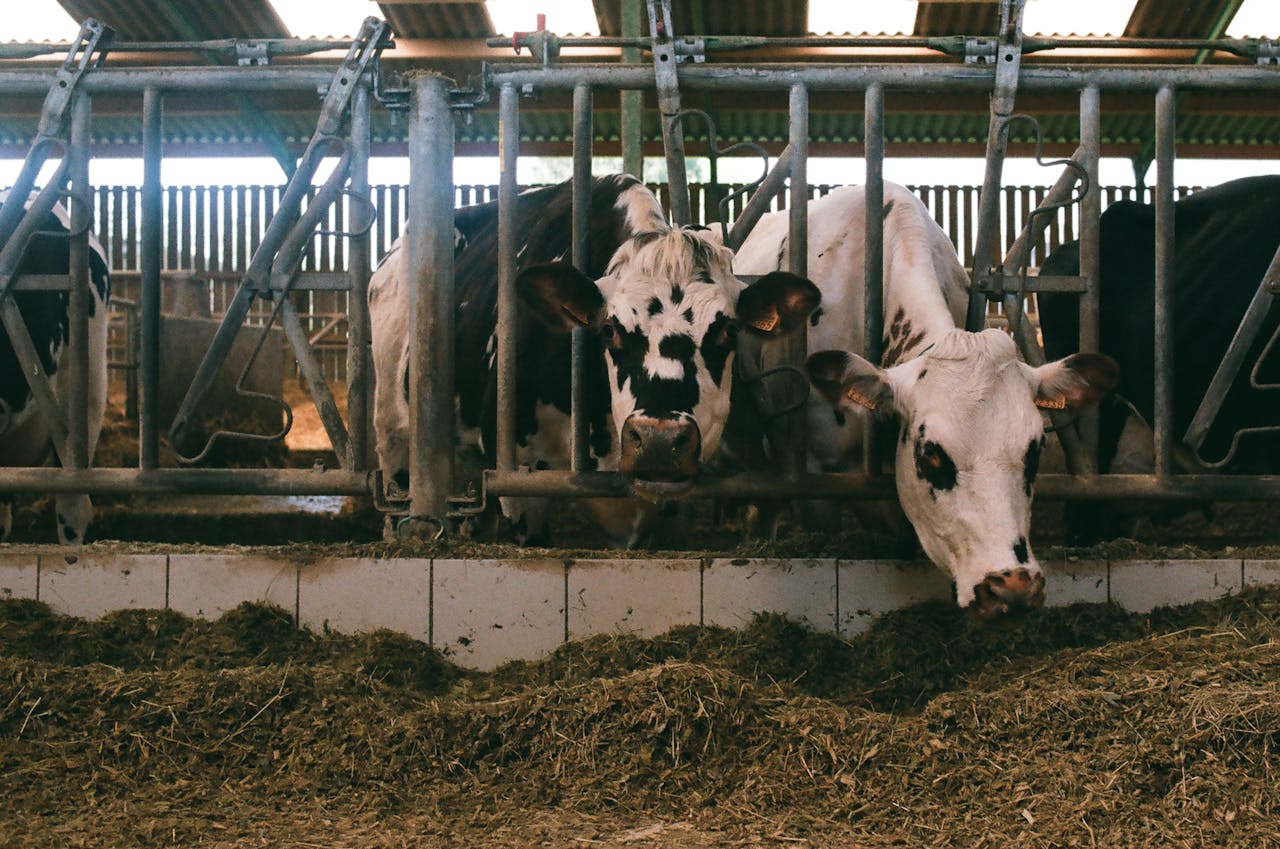As Russia tightens restrictions on antibiotics in livestock, pig farmers are trialling phytobiotics to safeguard herd health and performance, though results remain dependent on farm conditions.
The interest in phytobiotic solutions in pig nutrition is growing in Russia. Stricter rules on antibiotic use in the livestock industry, in effect as from March 2025, have pushed Russia’s pig farmers to explore alternative options of controlling veterinary disease.
The Russian government introduced new veterinary rules, as part of an initiative to tackle antibiotic resistance. The rules deal with production and sale of feed with antimicrobial agents, including to pig farmers, which would require a prescription or a special requirement issued by an authorised veterinary specialist.
Pig farmers struggle to adapt to veterinary rules
Russia’s pig farms are struggling to adapt to the new veterinary requirements.
Local sources report that quite a few pig farms started experiments to control bacteria, in which phytobiotics (plant-based derivatives) are being used.
Maia Rumyantseva, independent pig industry analyst, told publication Agroinvestor, “The use of phytobiotic additives is a completely viable solution, and in practice we actually see an increase in productivity, a decrease in conversion and an improvement in the safety of livestock.”
She added, “The idea of treating phytobiotics as an absolute alternative to antibiotics should be treated with caution, because this is not possible at all enterprises.” She went on to explain that, as practice has shown, the effectiveness of phytobiotics in controlling pathogen microflora depends on numerous factors.
Different types of phytobiotics
Currently, 2 types of phytobiotics are used in pig farming, said Eva Suika, commercial director of feed additive supplier Liptoza.
The first ones have a “general mode of action,” which means they are used to improve the general health of pigs. Suika said, “They really serve as effective substitutes for antibiotics used as growth promoters. The second category acts specifically and is designed to solve a specific health problem, such as ileitis, dysentery or clostridiosis.
The effectiveness of these solutions will depend on the presence of concomitant diseases, infection load, general health of the animals and management.
Suika said, “In the second case, 100% effectiveness cannot be guaranteed, since the final result depends on many factors, but even when using antibiotics, we cannot guarantee complete success.”

